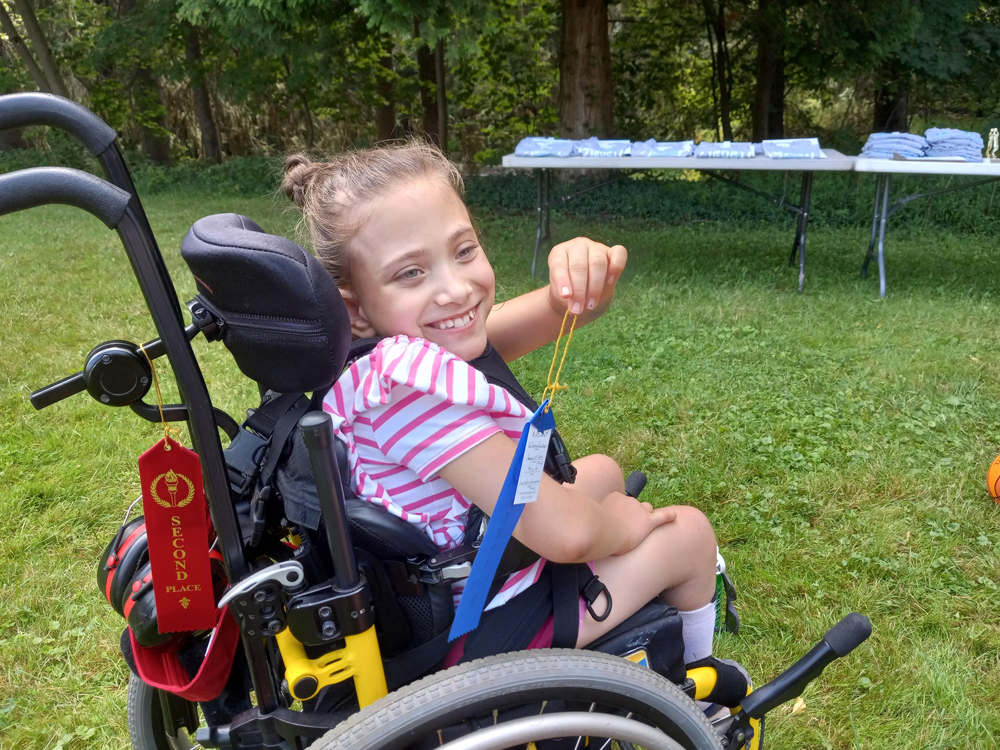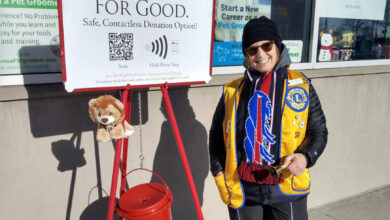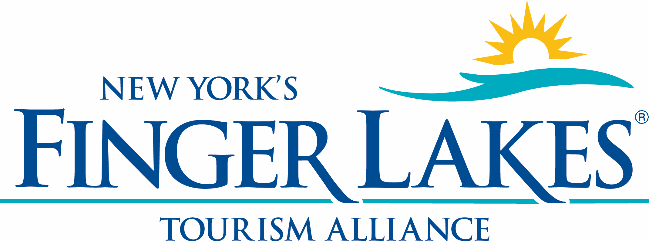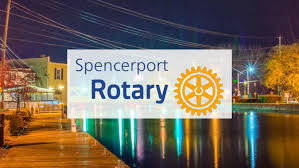CDR helps Deaf woman gain access to ASL interpreter for MHA services
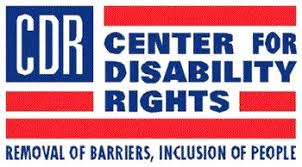
When a local Deaf woman was denied access to services provided by the Mental Health Association (MHA) of Rochester/Monroe County, she contacted the Center for Disability Rights (CDR) for assistance.
The MHA provides Creative Wellness Opportunities (CWO) through workshops and support groups facilitated by peers in recovery. Their offerings include a variety of creative arts workshops, meditation, stretching, guitar and mutual support groups. When the Deaf woman, who has requested to remain anonymous, expressed her interest in attending some of these activities in January, MHA Rochester told her that they would not provide in-person sign language interpreters due to the cost.
“These are activities are available to the public and Deaf individuals should not be denied the opportunity to participate,” said Bruce Darling, CDR’s President, who worked to resolve the situation with the MHA. “By not agreeing to utilize sign language interpreters for these activities, MHA Rochester was clearly violating the American with Disabilities Act (ADA).”
Instead of utilizing a sign language interpreter, MHA Rochester proposed using written communication, live captioning, chat boxes on Zoom, and specific online apps. This approach failed to account for the fact that these systems only allow for limited, one-way communication, preventing the Deaf individual from expressing themselves with their hearing peers and participating in these discussions and events.
“As a Deaf person, I can order a cup of coffee without a sign language interpreter. That’s really basic communication, but support groups and workshops are very different. The solutions proposed by the MHA didn’t provide the necessary access,” said Brooke Erickson, CDR’s Vice President of Direct Services.
In an effort to resolve the matter, Erickson and the Deaf individual met with two employees from MHA in March to discuss the need for in-person interpreting services, emphasizing that, without a live ASL interpreter, Deaf individuals at these MHA events would be prevented from participating in group discussions, side conversations, and many other forms of engagement not otherwise accessible without an interpreter.
“It was disappointing that after our meeting, instead of agreeing to follow the law, the MHA doubled down on their position,” said Erickson. “Interpreters allow the hearing community to fully understand and engage with Deaf individuals, making interpreters a critical part of the communication process between Deaf and hearing individuals. In-person interpreting gives Deaf individuals the opportunity to participate fully in support groups and workshops.”
CDR continued to advocate on behalf of this Deaf individual, and on May 10, CDR was notified that Valerie Way, President/CEO of the MHA, agreed that a sign language interpreter would “be the best form of effective communication for these types of groups/services.”
CDR is happy that this matter was able to be resolved without litigation. “I appreciate that MHA Rochester has agreed to follow the law and provide access,” said Kenyatta DaCosta, President of CDR’s Board. “It is critical that Deaf and Disabled individuals work together to enforce the Americans with Disabilities Act and advocate for ourselves when others violate our rights. I am also very grateful to this Deaf woman for coming forward. I know how stressful this can be, but she stood up for herself and has helped make Rochester more accessible. We all benefit from that.”
It is important to remember that as the importance of mental health services is highlighted, individuals with disabilities must be accommodated as part of that.
“If other Deaf individuals or people with other disabilities are concerned that their rights have been violated, they should contact CDR,” said Erickson.
For information, visit http://CDRNYS.org.
Provided information


